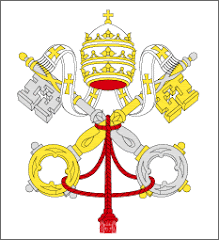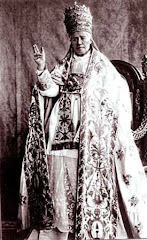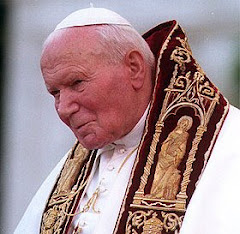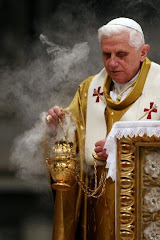The Gospel reading today (John 6:1-14), when read through a Eucharistic lens, sheds light on the covenantal and unifying aspect of the miracle of the multiplication of the fish and loaves. It seems appropriate to immediately see shades of the Eucharist here because of the wider context. Just 11 verses later John records Jesus’ discourse of the bread of life, an apologetic goldmine for the doctrine of the Holy Eucharist.
The reason I mentioned that the covenantal aspect can be seen is because of a connection that I believe can be made between this Gospel reading and Jeremiah 31. Verses 31 and 34 of the latter reads: “Behold, the days are coming, says the Lord, when I will make a new covenant with the house of Israel and the house of Judah…for I will forgive their iniquity, and I will remember their sin no more.” It’s important to note the distinction between ‘Israel’ and ‘Judah’, for ‘Israel’ is used in reference to the 10 Northern tribes that fell into idolatry and were then displaced by the Assyrians. They simply ceased to exist as a distinguishable, ethnically Israelite community. It seemed impossible that unity between these tribes and the faithful tribe of Judah would ever be a possibility, yet Jeremiah the prophet pronounces such a reunification of all 12 tribes through a new covenant. Through nothing short of a miracle, God would gather in the twelve tribes through this new covenant, and this covenant would be one by which their sins are forgiven and God’s law is placed within them. Compare this to what we read in Matthew 26: 27-28: “Drink of it, all of you; for this is my blood of the new covenant, which is poured out for many for the forgiveness of sins.” The Eucharistic sacrifice is, therefore, the new covenant the world had been waiting for! The Eucharist is the means by which the 10 northern tribes, displaced and paganized for centuries, would be brought back into the true worship of God, worship by which the Law Itself in its very fulfillment (Jesus Christ) is placed within them.
With this in mind, the Eucharistic paradigm of the multiplication of the loaves comes into view. Consider a couple elements that may help to illustrate this:
-The manner in which Jesus prepared for this miracle: “Jesus then took the loaves, and when He had given thanks, He distributed them to those who were seated.” (Jn 6:11) This sequence of events is mirrored during the Last Supper, the institution of the Eucharist.
-The details of the gathering of the fragments: “He told His disciples, ‘Gather up the fragments left over, that nothing may be lost.’ So they gathered them up and filled twelve baskets with fragments from the five barley loaves…” (Jn 6:12-13) This very event itself serves as a prophecy for the miracle that would occur through the new and everlasting covenant of the Eucharist. Through it, the twelve tribes would be gathered into His covenant through the effort of the Apostles and, of course, His grace.
Interestingly, it was the area of the Northern kingdom, the area in which the 10 northern tribes dwelt, that were among the first to accept the Gospel, and therefore, be gathered back in to the true worship of God through the Eucharistic covenant. Nevertheless, this “gathering in” is yet to be complete as we await the full inclusion of the tribe of Judah, our Jewish brethren, who as St. Paul said in his letter to the Romans would experience a mass conversion in the end times.
12 years ago



















No comments:
Post a Comment